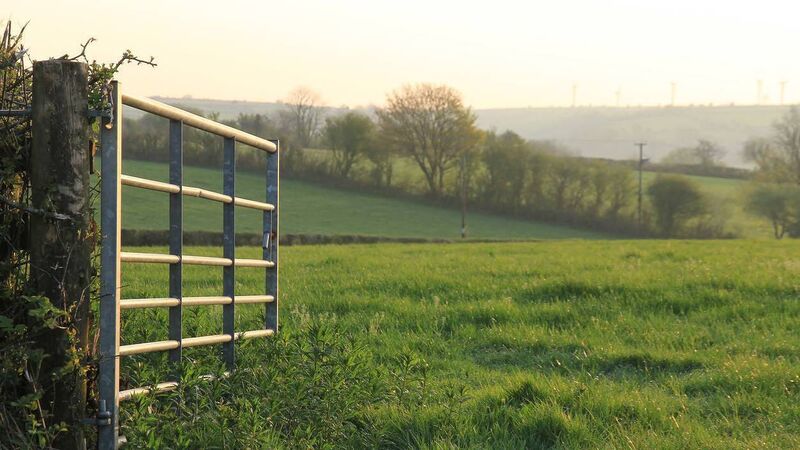Nature restoration and Brexit fund top agenda at farm organisation meeting with Government

Speaking this week, Irish Creamery Milk Suppliers Association deputy president Denis Drennan said that urgent issues and challenges are "queued out the door, down the road, and around the corner".
Farm organisations met with Government this week to "drive home key farming messages" with the EU Nature Restoration Law and Brexit fund topping the agenda.
Speaking after the Irish Farmers' Association delegation met with Taoiseach Leo Varadkar on Wednesday to discuss farming issues, deputy president Brian Rushe said he acknowledged Mr Varadkar's comments relaying his concerns about the proposed restoration law.











